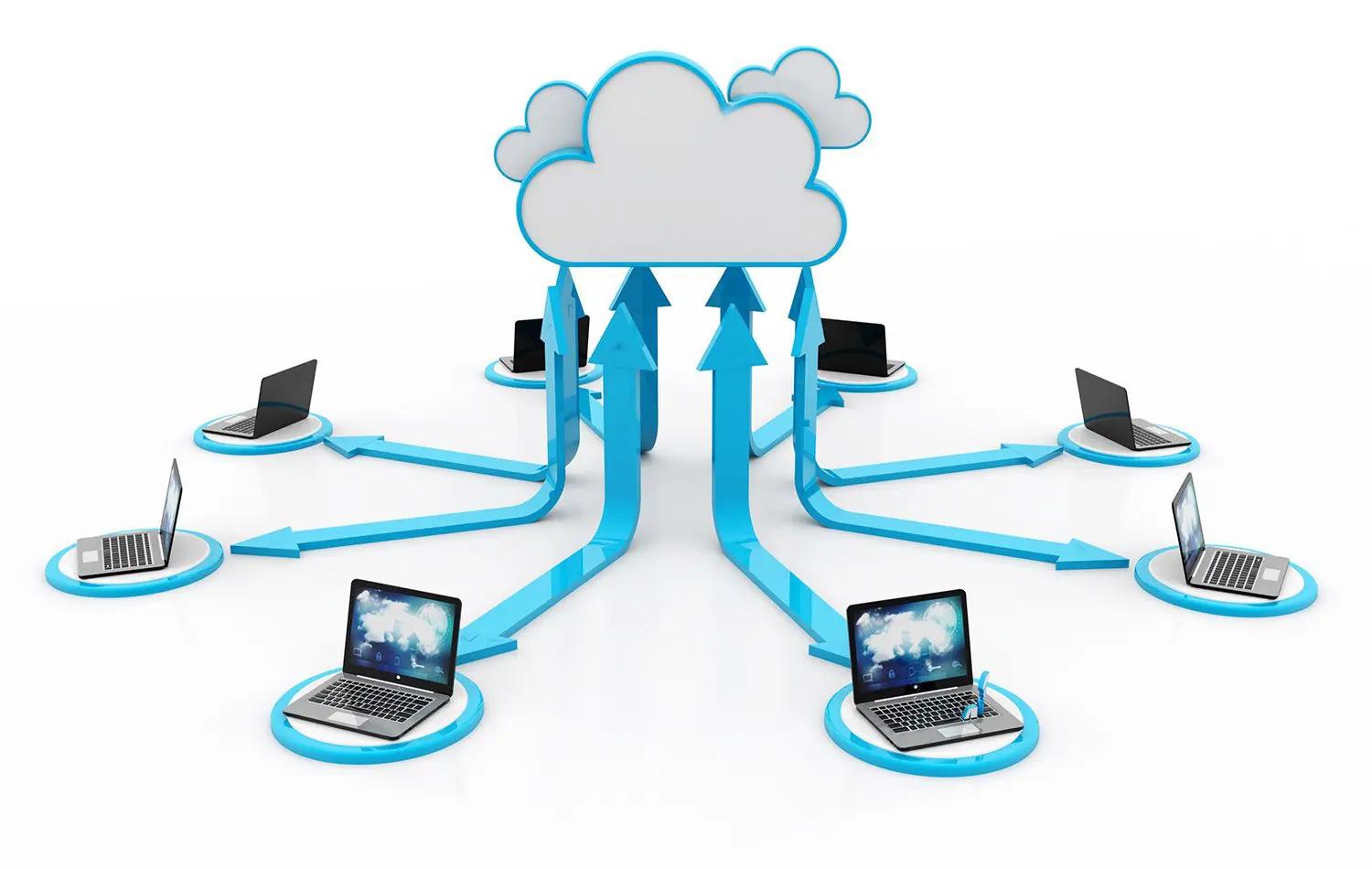A story about the slow uplink problem in the office
There is a design and architecture firm in a city where the only Internet service provider offers upload speeds of only 50 megabits per second (Mbps). Users connected to a file server at about 5 - 10 TB to access files in the office. However, with the mobilization of the workforce and the proliferation of the work-from-home model, employees who worked from home found it difficult to access their files, resulting in lost productivity. With the increasing number of remote users connecting to office facilities, companies like this struggled with bandwidth capacity issues. The much heavier load was straining corporate infrastructure connections. Employees working remotely either did not have access to the Internet, or their connections were so poor that they hurt productivity. The office Internet speed became a bottleneck, causing users to experience latency when accessing files remotely.







